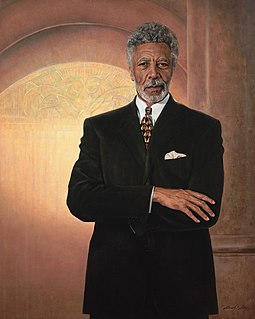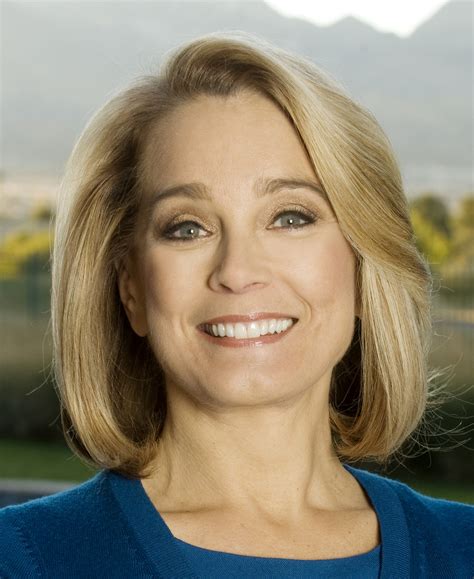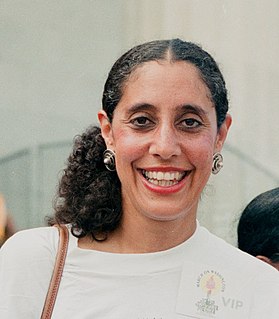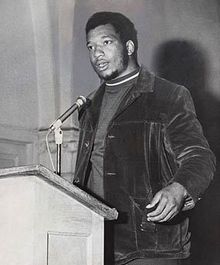A Quote by Ron Dellums
So here comes this black guy from the Bay Area talking about peace, feminism, challenging racism, challenging the priorities of the country, and talking about preserving the fragile nature of our ecological system. People looked at me as if I was a freak.
Related Quotes
That's what's always been such a curious thing to me about feminism. They never lost any power. However, when you start talking about this particular area of our population, you're talking about the politicized nature of our country where feminism dominates and all heterosexual men want women. And all men realize you've got to do certain things. If you want to get a woman who happens to be a feminist, then you better do and say, be certain things. Men have gone crazy trying to be what they think women want them to be, and that's men in Washington, gone crazy.
When you talk about "white privilege", you're talking about something systemic. When you're talking about "black privilege" it's something spiritual because we as black people tap into a divine system that a lot of other cultures and races can't tap into and that system allows us to prosper in spite of everything that's been thrown our way from slavery to segregation to mass incarceration. We have a privilege pre-ordained by God that nothing and no one can stop.
Remember, we're talking [in The Black Power Mixtape] about 1967, the year before [Martin Luther] King's assassination. We're talking about the emergence of black power, which is a discussion King mentioned in his last book, Where Do We Go from Here: Chaos or Community? We're talking about the meaning of black power and the possibility that it alienated our supporters, both white and black.
I think, at some level, we see young people all over the country mobilizing around different issues, in which they're doing something that I haven't seen for a long time. And that is, they're linking issues together. You can't talk about police violence without talking about the militarization of society in general. You can't talk about the assault on public education unless you talk about the way in which capitalism defunds all public goods. You can't talk about the prison system without talking about widespread racism. You can't do that. They're making those connections.
There are so many things that we have to be very concerned about. But I always come back to feminism. People look at me sideways now and are like, "With everything going on, the destruction of the environment, these endless wars, this capitalism that has a stranglehold on our culture and our world and you're talking about feminism still?"
We are not talking about isolation. We're talking about security. We're not talking about religion. We're talking about security. Our country is out of control. People are pouring across the southern border. I will build a wall. It will be a great wall. People will not come in unless they come in legally. Drugs will not pour through that wall.
She [Hillary Clinton] knows the people well. I think there is - you know, also talking about breaking down barriers and talking about that, whether we`re talking about that in economic terms. I mean, she`s the only person who has been out there talking about white privilege and talking about sort of the intersectionality of some of these issues.
It seems to me that we make a terrible mistake in talking about Trump as some kind of essence of evil. Trump is symptomatic of something much deeper in the culture, whether we're talking about the militarization of everyday life, whether we're talking about the criminalization of social problems, or whether we're talking about the way in which money has absolutely corrupted politics. This is a country that is sliding into authoritarianism.
We got to face some facts. That the masses are poor, that the masses belong to what you call the lower class, and when I talk about the masses, I'm talking about the white masses, I'm talking about the black masses, and the brown masses, and the yellow masses, too. We've got to face the fact that some people say you fight fire best with fire, but we say you put fire out best with water. We say you don't fight racism with racism. We're gonna fight racism with solidarity. We say you don't fight capitalism with no black capitalism; you fight capitalism with socialism.

































